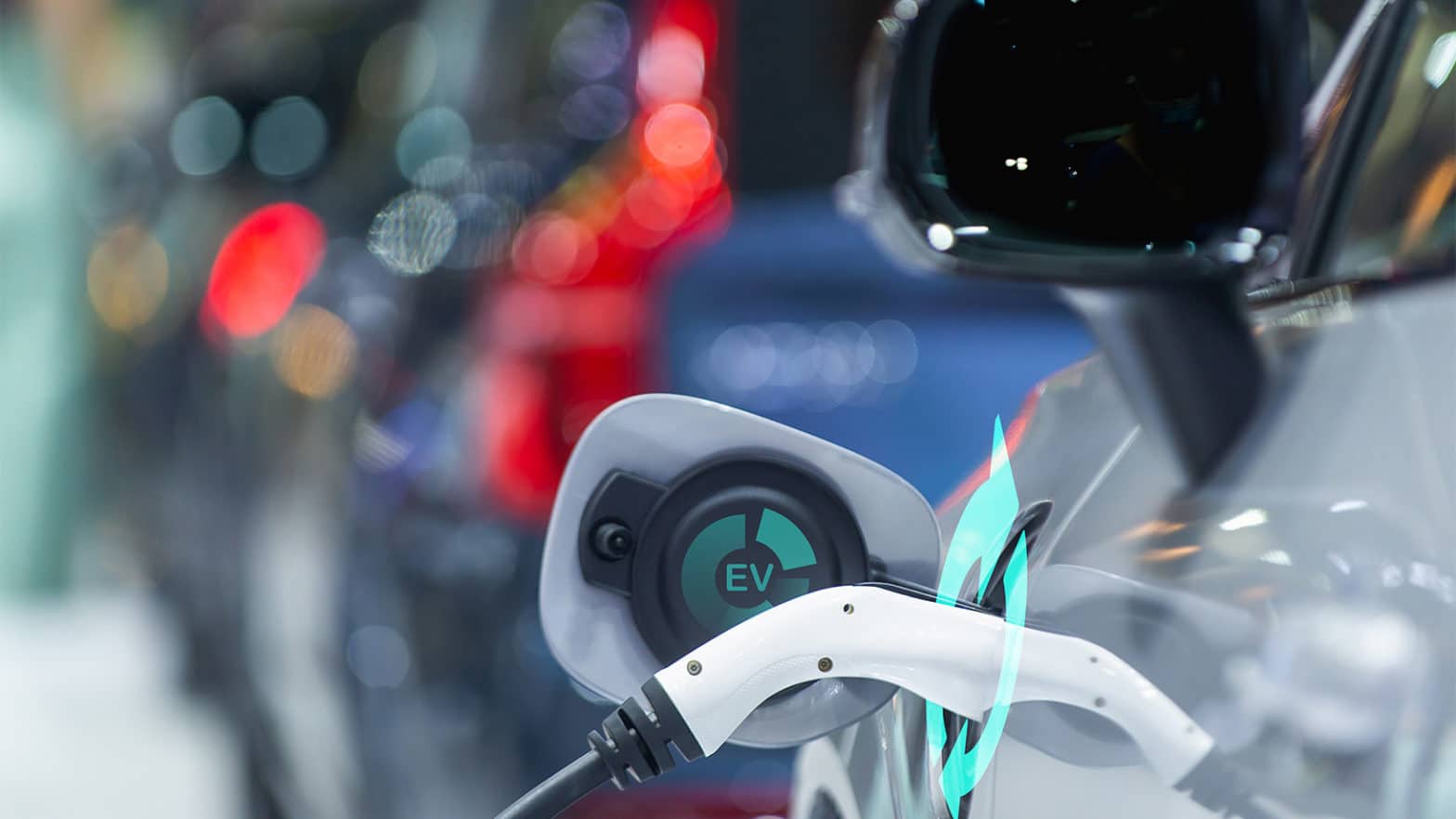
Driving into an electric future
Last Friday, I decided to take the plunge and embrace the future of travel: driving an electric car from Kent to Manchester instead of my familiar, trusty petrol vehicle. To say I was a little nervous would be an understatement. While I’ve made this journey countless times in a petrol vehicle, where the most significant planning involved choosing the best service station snacks, this trip required far more preparation!
Planning became essential; I didn’t want to find myself stranded on the side of a busy motorway on a Friday night without any charge. I meticulously mapped out my route, identifying charging stations along the way to ensure I could reach Manchester without any hiccups. I focused on selecting stations offering rapid charging for all vehicle types to minimise waiting time.
Would I do it again? Absolutely. Am I completely confident in the infrastructure / price point? – Probably not. I’m still a little sceptical, and longer journeys undeniably require more foresight and planning.
Will the recent budget announcements do anything to improve my confidence?
Currently, there are more than one million electric cars on UK roads (Vehicle licensing statistics: April to June 2024, Department for Transport, 2024) and the budget acknowledges that transitioning to electric vehicles is essential for decarbonising transport and supporting UK growth and productivity. The government has committed to phasing out new cars that solely rely on internal combustion engines by 2030, and from 2035 all new cars and vans sold in the UK must be zero emission.
What is the government doing to support this?
- Expanding the charging network: Over £200 million in 2025-26 will be invested to accelerate EV charge point rollout, including funding to support local authorities to install on-street charge points across England. This will build on the UK’s existing charging network, which continues to grow at pace with over 70,000 public charge points (EV charging statistics 2024, zapmap, 2024).
- Accessibility:The government has allocated £120 million in 2025-26 to support the purchase of new electric vans via the plug-in vehicle grant, as well as funds to support the manufacture of wheelchair accessible EV’s.
- Tax incentives: Maintaining tax incentives for EV purchasers through measured such as Vehicle Excise Duty First Year Rates, Company Car Tax regimes, and extending 100% First Year Allowances for electric cars and charge points for a further year.
Significant strides have certainly been made but does this go far enough? “Range anxiety” and the availability of rapid chargers at strategic locations remain primary concerns. Unfortunately, the budget did not include dedicated funds for high-capacity rapid chargers along motorways and other high traffic routes. Time will tell if this foundation, funding and focus grows in line with adoption rates, public expectations and the transition to a zero-emission vehicle landscape.
For now, my journey from Kent to Manchester and the government’s actions suggest that we on the right path, but there’s still much work to be done to ensure that electric vehicle travel becomes as worry free as the journeys of the past.
Claire Durkin is a managing associate in our real estate team. She advises clients on a full range of commercial property matters, including advising clients on the installation of Electric Vehicle Charging (EVC) portfolios, reviewing rental arrangements, energy regulations and planning requirements.
Talk to us about
Related services





 Download PDF
Download PDF










